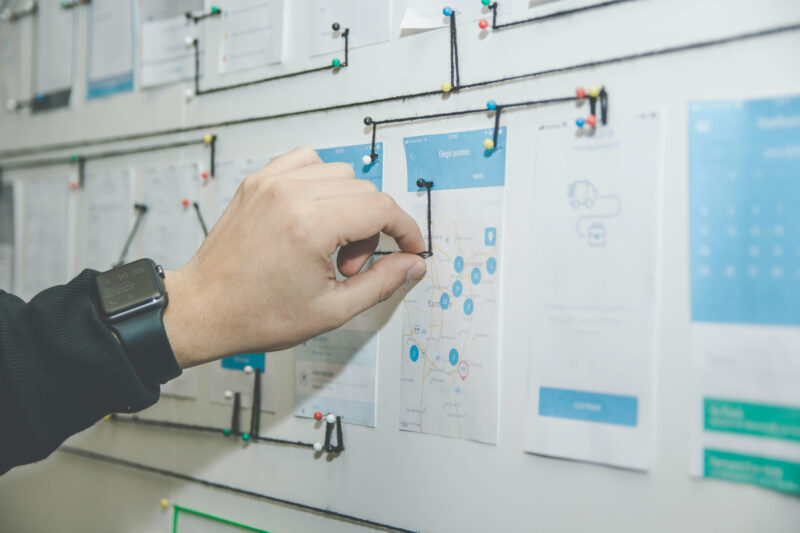
Paper
Prototype
Time
⏲
1 Days
Difficulty
🕹
Medium
Materials
📦
Paper Prototype
Spreadsheet to track responses
People
🕴
1 Reserachers
3+ Users
Overview
Paper prototypes are used for testing concepts when you don’t want a person to be distracted by high fidelity mockups or screens.
What
Creating product mock-ups to test a concept or process. Required in usability testing. Variations: functional prototype (digital) or paper prototype.
Why
Advantages
- Fast
- Easy
- Cheap
- Provides lots of actionable insight early in the design process
- Answers key questions to lay the foundation for more advanced research techniques
Disadvantages
- Will require additional types of testing down the line
When
You could make a paper prototype to test on Tuesday to help you make decisions on Wednesday, and make a functional prototype to test on Thursday.
Paper prototypes are most useful:
- When the ideas need to be generated fast and evaluated in a short period of time.
- When the tools the designer wants to use in creating a digital prototype are not available.
- When the designer wants to make a sincere effort to allow all members of a team, including those with limited software skills, to take part in the design process.
- When tests of a design lead to a great deal of drawings
- When there is a co-creation workshop
Steps
Step 1 Draw
Draw up a paper prototype, or create a functional prototype.
Step 2 Create a script
Create a script of questions that address the key features you’re trying to test.
Step 3 Test
Sit with the user as they walk through how they would use the product. With paper prototypes, the user will tap the prototype with a pen to simulate where they are “clicking.”
Tools
None